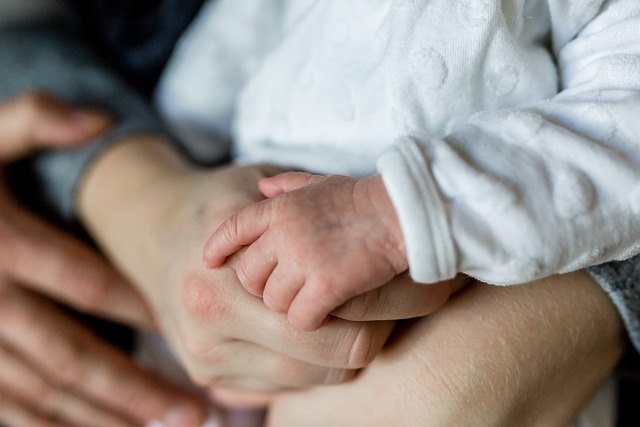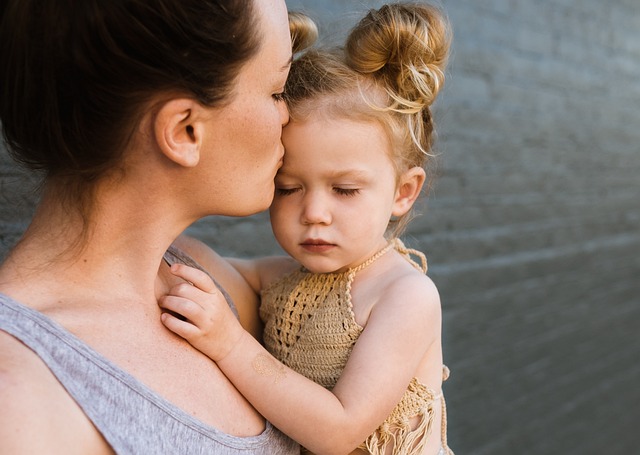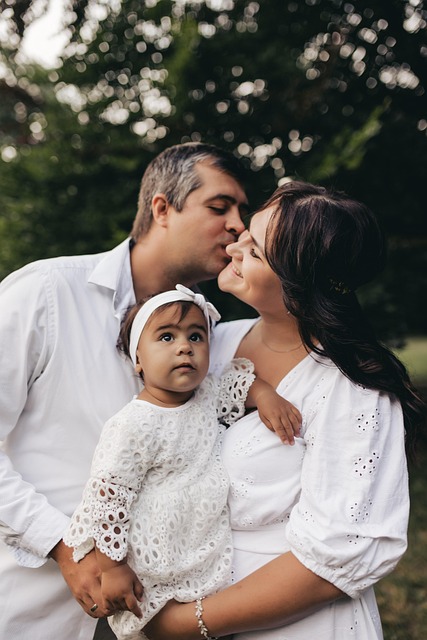In Oregon's Multnomah County, where DHS child welfare cases are common, child welfare legal services and parental rights protection are vital. Oregon's family law and child protective services regulations aim to balance the best interests of children with parental rights. Legal assistance guides parents through hearings, mediation, and complex procedures, ensuring their active involvement. Multnomah County's child advocacy groups offer support, simplifying processes for families facing potential parental rights threats. Balancing child safety and parental rights requires specialized advocates who understand Oregon family law to represent the best interests of both parties throughout legal proceedings.
Child welfare disputes can be complex and emotionally charged, often pitting parents’ rights against the best interests of a child. In Oregon, understanding the interplay between child welfare legal services, parental rights protection, and DHS child welfare cases is crucial for resolving these conflicts effectively. This article explores how Multnomah County’s child advocacy efforts exemplify best practices, delving into Oregon family law strategies to support both children and parents throughout the child protective services law process.
- Understanding Child Welfare Disputes and Legal Services
- The Role of Parental Rights Protection in Oregon
- Navigating DHS Child Welfare Cases: Multnomah County Example
- Child Advocacy and Support within Oregon Family Law
- Effective Strategies for Resolving Welfare Disputes with Legal Assistance
Understanding Child Welfare Disputes and Legal Services

Child welfare disputes often arise when there are concerns about a child’s safety and well-being within their family home. These cases involve complex legal issues, including parental rights protection and the role of government agencies like DHS in child welfare matters. In Oregon, Multnomah County Child Advocacy plays a vital role in navigating these challenges. When families face distressing situations, legal services become an essential tool for resolving disputes and ensuring the best interests of the child are upheld.
Understanding the intricate web of Oregon family law is crucial when addressing DHS child welfare cases. Legal professionals specializing in child protective services law can offer guidance tailored to each unique scenario. These experts help parents navigate their rights while working towards positive outcomes, whether through mediation, court proceedings, or collaborative efforts with Child Advocacy groups. By leveraging legal assistance, families can find resolution and protect their parental rights during these trying times.
The Role of Parental Rights Protection in Oregon

In Oregon, the protection of parental rights is a cornerstone in child welfare disputes, especially in DHS (Department of Human Services) child welfare cases. The state’s family law and child protective services regulations are designed to balance the best interests of the child with the rights of parents. Multnomah County, one of the busiest child advocacy areas in Oregon, ensures that legal assistance is readily available for all parties involved. This support includes representation during hearings, mediation, and navigating complex legal procedures related to DHS interventions.
Child welfare legal services play a crucial role in these cases, offering guidance on parental rights protection under Oregon law. Legal professionals help parents understand their rights and obligations, ensuring they are actively involved in the process. This involvement is vital as it can significantly impact the outcome of the case. Effective representation enables parents to make informed decisions, challenge any unjust accusations, and advocate for their children while maintaining their rights throughout the child protective services law process.
Navigating DHS Child Welfare Cases: Multnomah County Example

Navigating through DHS Child Welfare Cases, such as those in Multnomah County, requires a deep understanding of both child welfare legal services and parental rights protection. In Oregon, the Department of Human Services (DHS) plays a pivotal role in child protective services law, ensuring the safety and well-being of children. When families face allegations that put their parental rights at risk, accessing competent legal assistance becomes paramount. Multnomah County child advocacy groups are designed to provide support and guidance, fostering a more streamlined process for both parents and children involved.
These cases often involve complex Oregon family law issues, requiring specialized knowledge to advocate for the best interests of the child while also safeguarding parental rights. Skilled attorneys specializing in child welfare legal services can help families navigate this intricate landscape, ensuring their voices are heard and their rights are protected throughout the proceedings.
Child Advocacy and Support within Oregon Family Law

In Oregon, child advocacy and support play a pivotal role in resolving welfare disputes within the complex landscape of family law. The state’s robust network of Child Protective Services (CPS) works tirelessly to ensure the safety and well-being of children involved in legal proceedings, particularly in DHS child welfare cases. This includes providing specialized legal assistance to both parents and guardians, ensuring their parental rights are protected throughout the process.
Multnomah County, known for its bustling legal scene, offers comprehensive child advocacy programs tailored to Oregon family law. These services are designed to navigate the intricate web of CPS regulations and laws, enabling families to make informed decisions. By utilizing these child welfare legal services, parents can better understand their rights and obligations, fostering a more constructive resolution in their specific case.
Effective Strategies for Resolving Welfare Disputes with Legal Assistance

When it comes to resolving child welfare disputes, leveraging legal assistance is paramount for ensuring the best outcome for both the child and their parents. Effective strategies involve a combination of understanding the intricate web of Oregon family law and utilizing specialized services like Multnomah County child advocacy programs. Legal professionals with expertise in DHS child welfare cases can navigate the complex procedures, protecting parental rights while also promoting the child’s safety and well-being.
One key approach is proactive communication between all parties involved, including parents, guardians, and child protective services law experts. This open dialogue fosters trust and collaborative problem-solving. Additionally, presenting a unified front through Multnomah County child advocacy ensures that the child’s interests are represented fairly in court. Such strategies not only streamline the legal process but also create a more stable environment for the child to thrive.






